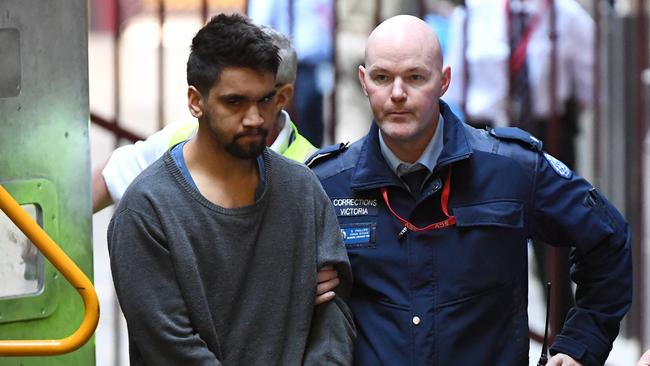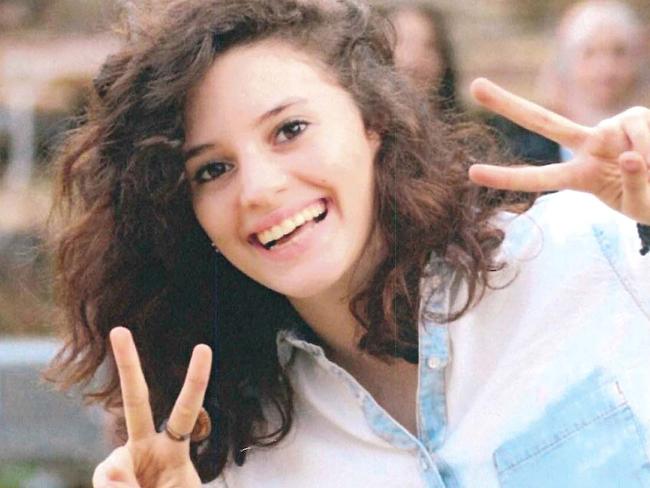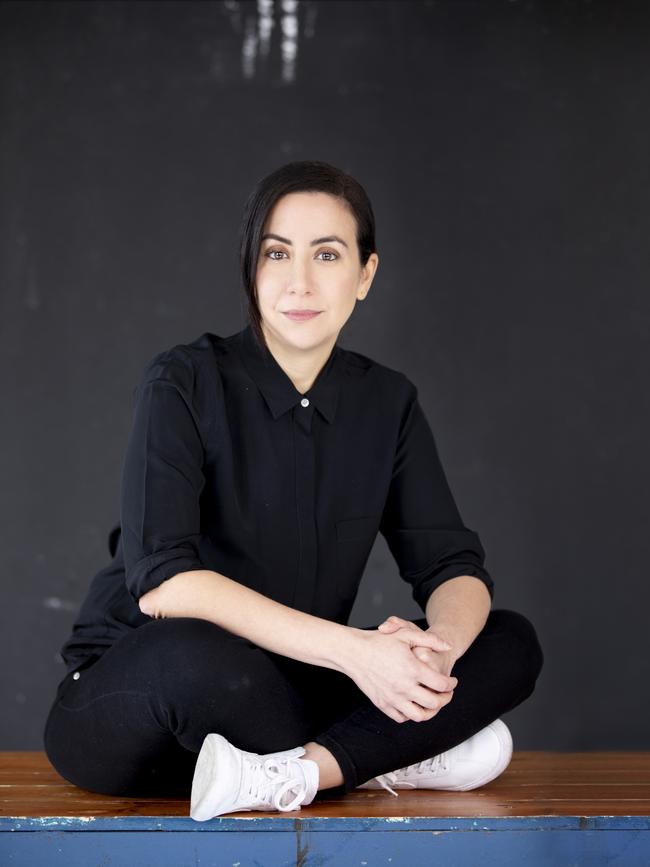Time to stop the shame: a confronting look at the nation’s mental health crisis
After reading this, it seems only logical to invest in the support of a traumatised child so he doesn’t grow into an adult who beats, rapes and murders your daughter.

In 2019, Codey Herrmann, 21, beat an Israeli exchange student unconscious with a metal pole, raped and set fire to her. The Director of Public Prosecutions described Herrmann’s actions as an example of “primitive male rage” when they were arguably the direct by-product of a severe personality and substance abuse disorder, brought about by continuous and almost implausibly cruel abuse and neglect throughout his childhood.
The award-winning American-Australian writer, Sarah Krasnostein, who has a PhD in criminal law, considers the Hermann case as part of her Quarterly Essay, subtitled Not Waving, Drowning – Mental Illness and Vulnerability in Australia,arguing that such crimes are at least potentially preventable, if only the stigma associated with mental illness were to be dismantled, and treatment properly funded.
Close to 50 per cent of all adults in Australia will experience some degree of mental ill-health, Krasnostein says. The pandemic hasn’t helped. Victorian Police responded to a mental health call-out every 12 minutes over the previous two years. But the situation was dire before Covid: in 2019, an Australian Education Union survey revealed that student self-harm had been reported by 72 per cent of secondary school teachers.
Yet there remains a stigma. Krasnostein says it dates back to the colonies, when mental illness was “deeply stigmatised, despite its prevalence. Stigma is a complex social process that excludes or devalues someone on the basis of a particular characteristic”. And the stigma attached to mental illness is “so prevalent in Australia that it was identified as a major barrier to treatment and recovery”.
Krasnostein argues that territories founded on patriarchal ideologies also feature consistently higher rates of mental illness. The demographic during the first 50 years of British settlement in Australia was predominantly white and male, “a populace divided by factors so flimsy they required a brutal vigilance”. The resulting violence – “and dangerous norms about masculinity” – have persisted through the centuries, as current data shows.

Accounting for levels of education, income, religiosity, and urbanisation, what were once primarily masculine convict settlement areas in the Australian Capital Territory, New South Wales, and Tasmania continue to exhibit higher rates of school bullying, sexual and domestic assault, suicide and violence, and are less inclined to support same-sex marriage.
Health outcomes data in these areas suggests that the patriarchal also have a tendency to avoid health services. As Krasnostein points out, mental illness is by them “conflated with weakness, badness, wilfulness, something that only happens to others, something to be feared and, in effect, something to be punished”.
Krasnostein – whose previous work includes some remarkable long-form journalism in the form of The Trauma Cleaner, about a woman who cleaned up after homicides, and hoarders – interviews a number of people suffering from mental health issues and, disconcertingly briefly, addresses the “severe anxiety and depression” for which she was once medicated. The drugs prescribed “made the light hurt my eyes” and her hands trembled so badly that she could not hold a pen. “I was ashamed of this tremor,” she writes. “Though I was unable to leave the house much of the time, I was ashamed to ask for special consideration at university.”

For a decade, Krasnostein’s “distress and loneliness were enormous”. She began to fear that she would never be able to keep a job or engage with others. This, she thought, would be her life. Contextualised by a therapist, her symptoms eventually began to subside. She was given an emotional vocabulary, taught “the language of family systems and relational trauma”.
Krasnostein, through this experience, was made aware of the need for government investment in the support of the mentally ill. “Without my ability to afford continuing sessions – an ability that comes down to privilege and luck – I would probably have been unable to write this essay,” she recognised.
Antidepressants are now dispensed in the manner of sweets by GPs to those who would be far better served by talking therapies – in particular, to children, the oppressed and the bereaved.
The issue being, of course, that many cannot afford to pay the gap between their Medicare mental health plan – a paltry 20 sessions – and therapeutic fees. Those with ongoing issues (adult victims of child sex and/or other abuses, those with drug use disorders, personality disorders, psychoses and so on) require sustained professional support. As Krasnostein notes, the “Australian Psychological Society’s recommended fee for a standard consultation is currently $267. That is more than half the average national weekly rent for a house or a unit”.
Arresting, graceful and intelligent in equal parts, this essay rightfully shames those who should be using their powers to strengthen the community. It seems only logical to invest in the support of a traumatised child so he doesn’t grow into an adult who, say, beats, rapes and/or murders your daughter.
Antonella Gambotto-Burke is a writer and critic. Sarah Krasnostein will appear at the Sydney Writers’ Festival



To join the conversation, please log in. Don't have an account? Register
Join the conversation, you are commenting as Logout